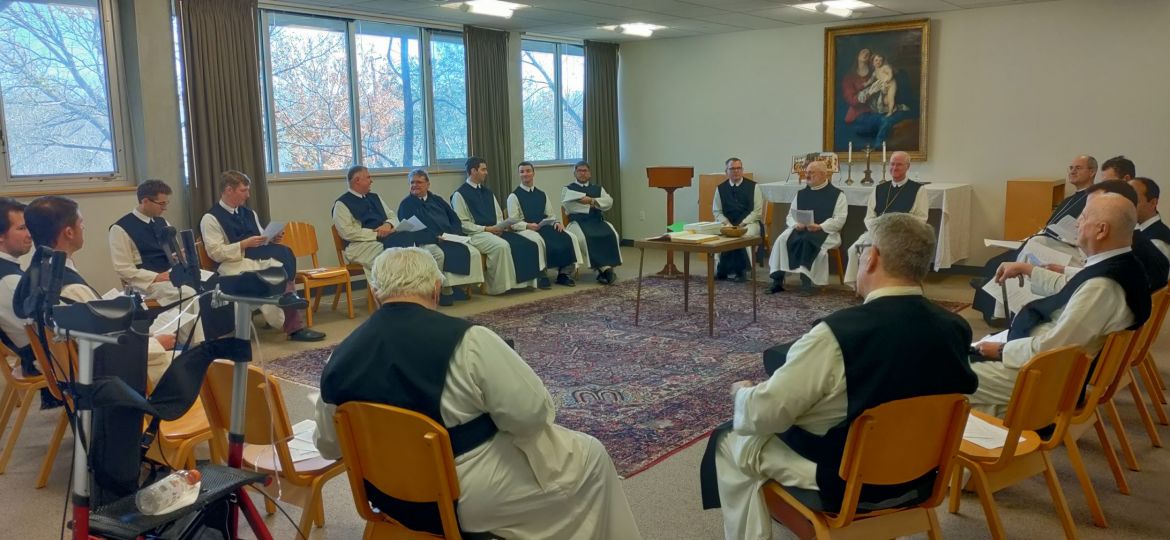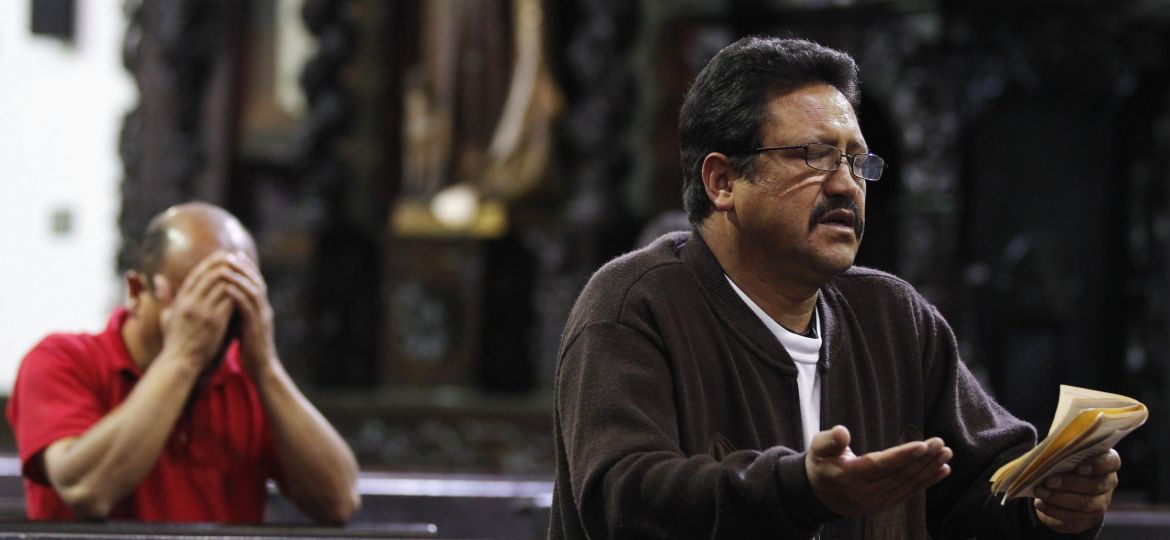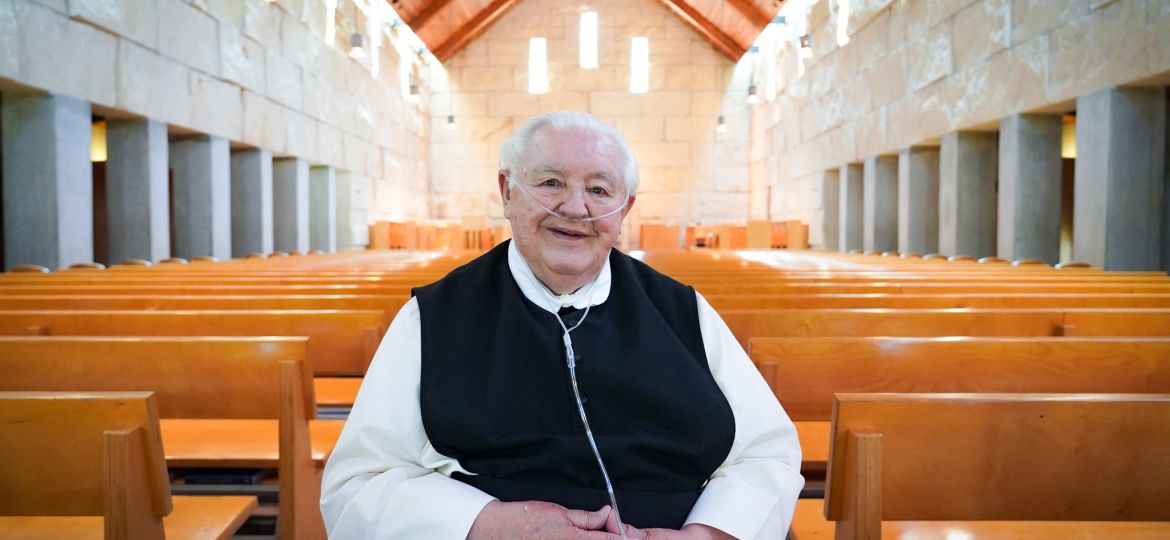One of the most important rooms in a monastery, after the church, is the chapter room. This is the place where monks meet to do various things as a community: hear an exhortation from their abbot; listen to a spiritual reading (often a chapter from “The Rule of St. Benedict”); deliberate and vote on the important material and spiritual questions that arise in a monastery, such as who should be the abbot, whether to welcome a young monk as a permanent member of the community through solemn profession, and how best to structure their lives to promote God’s purpose.
What is a man? That’s a wonderful question that seems difficult to raise without provoking strong reactions. On the one hand, there are polarizing responses whose proponents seem almost to enjoy being maligned, since the hostility they experience enhances their self-image as gutsy truthtellers. On the other hand, there are also anxious responses that compulsively censor or deconstruct every effort to define masculinity, lest they or anyone in their in-group feel lacking and called to grow.
Father Julius Leloczky’s autobiography, “All is Grace! My Life,” follows his personal journey from his family’s bakery in Hungary, through the religious suppression of communist Hungary and the upheaval of the Hungarian Revolution, all the way up to his life at the tranquil Our Lady of Dallas Cistercian Abbey in Irving, where he currently resides.



